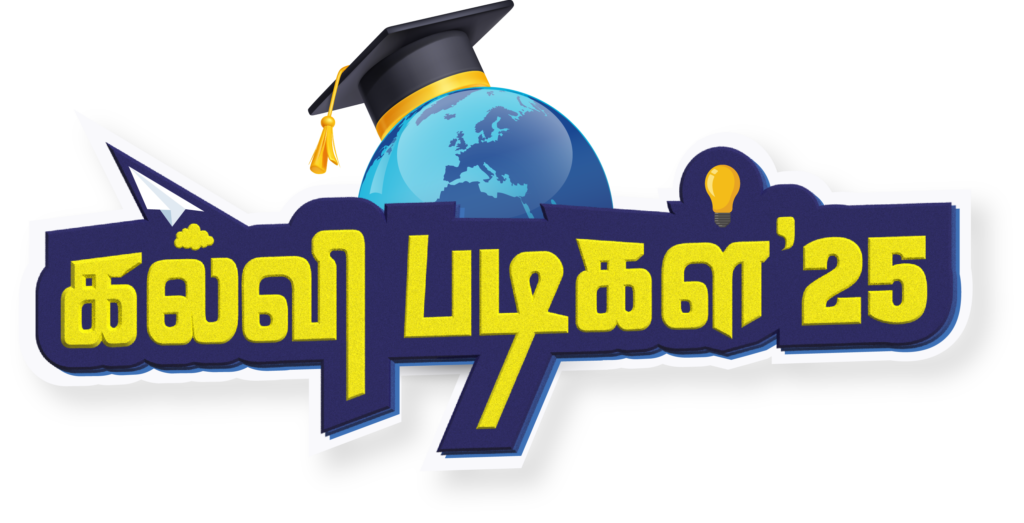1. Introduction
In India, the term “medical career” is often automatically linked with MBBS. While becoming a doctor is undoubtedly a noble path, it’s important to know that MBBS is not the only way to build a successful and respected career in healthcare.
With the healthcare industry expanding rapidly, Allied Health Sciences have emerged as a powerful alternative for students passionate about medicine, diagnosis, rehabilitation, and patient care—but who want to avoid the high competition and long years of study that MBBS demands.
This blog aims to help students and parents discover five promising allied health science courses that offer strong career opportunities, job satisfaction, and global demand.
2. What Are Allied Health Sciences?
Allied Health Sciences refer to a group of healthcare professions that assist doctors and play key roles in patient care. These professionals are involved in:
- Diagnosis (like lab tests and imaging),
- Treatment support (such as physiotherapy or dialysis),
- Emergency care (like OT technicians and paramedics),
- Rehabilitation and long-term care.
They work hand-in-hand with doctors, surgeons, and nurses—often behind the scenes but always essential to the system.
From labs to operation theatres, physiotherapy units to emergency wards—Allied Health Professionals are everywhere, making healthcare systems function smoothly.
3. Why Consider Allied Health Sciences Over MBBS?
Here are a few reasons why Allied Health Sciences make a smart alternative:
➤ Less Competition, More Opportunities
Unlike MBBS, these courses don’t require extreme cutoffs or NEET-based pressure. Yet, they offer direct paths into healthcare careers.
➤ Shorter Course Duration
Most courses are 3–4 years, with internships included—meaning faster entry into jobs and earning potential.
➤ Skill-Based and Practical Learning
These programs focus on technical skills and hands-on training, making students industry-ready.
➤ Global Demand
Countries like Canada, Australia, UAE, and the UK are in constant need of Allied Health Professionals.
➤ Flexible Career Growth
You can later specialize, pursue a Master’s degree, or even shift to research or teaching.
4. Top 5 Allied Health Sciences Courses to Explore
Let’s look at five of the most in-demand and rewarding Allied Health Sciences programs:
4.1. B.Sc in Medical Laboratory Technology (MLT)
What You Learn
This course trains students in performing diagnostic tests on blood, urine, tissue, and other body samples. You’ll learn about clinical biochemistry, pathology, microbiology, and lab management.
Where You Can Work
Hospitals, diagnostic labs, blood banks, research labs, biotech companies, and pharma industries.
Why It’s a Good Option
With the rise in chronic diseases and preventive healthcare, the need for lab technicians is booming. It’s a perfect career if you like analysis, technology, and precision.
4.2. B.Sc in Radiology & Imaging Technology
What You Learn
This course teaches how to operate imaging equipment like X-rays, CT scans, MRIs, and ultrasounds. Students are trained in anatomy, radiation physics, and imaging safety.
Where You Can Work
Radiology departments, diagnostic centers, cancer institutes, and emergency care facilities.
Why It’s a Good Option
Imaging is crucial for diagnosis in almost every medical condition. As technology advances, skilled radiology professionals are always in demand.
4.3. Bachelor of Physiotherapy (BPT)
What You Learn
BPT focuses on restoring movement and function to those with injuries, disabilities, or illnesses. You’ll study human anatomy, biomechanics, exercise therapy, and neurorehabilitation.
Where You Can Work
Hospitals, sports and fitness centers, rehabilitation clinics, old-age homes, and private practice.
Why It’s a Good Option
This is a deeply rewarding field for those who enjoy working with people. It’s a hands-on, active profession with great scope in both urban and rural settings.
4.4. B.Sc in Operation Theatre (OT) Technology
What You Learn
OT Technicians are the unsung heroes who prepare and manage surgical environments. You’ll learn about surgical instruments, sterilization procedures, and emergency protocols.
Where You Can Work
Operation theatres, emergency care units, trauma centers, and specialty hospitals.
Why It’s a Good Option
It’s ideal for those who want to be part of life-saving moments in a high-pressure but rewarding role.
4.5. B.Sc in Cardiac Care / Dialysis Technology
What You Learn
These specialized courses focus on critical care—monitoring heart function or assisting with kidney dialysis. You’ll study cardiac rhythms, life-support systems, or dialysis machines.
Where You Can Work
ICUs, nephrology units, cardiology departments, and multispecialty hospitals.
Why It’s a Good Option
Chronic heart and kidney diseases are rising globally. These niche roles are in constant demand, especially in top hospitals.
5. Career Opportunities & Future Scope
Allied Health Professionals are the backbone of modern healthcare systems. Here’s a glimpse of the job landscape:
- Government & Private Hospitals: High demand for lab techs, OT assistants, radiologists, and physiotherapists.
- Diagnostic Centers & Clinics: New centers open every year in cities and small towns.
- Research Labs & Pharma: Opportunities to grow in innovation and drug development.
- Home Healthcare: Especially after COVID, home care services are rising.
- Overseas Jobs: With proper certification, jobs in Gulf countries, Canada, UK, and Australia are highly rewarding.
8. Conclusion
MBBS is a great choice, but it’s not the only one.
Today, Allied Health Sciences offer students a chance to build a fulfilling, stable, and respected career in healthcare. Whether you’re into lab work, imaging, surgeries, or physical care there’s a perfect course waiting for you.
If you’re a student looking for meaningful healthcare roles—or a parent searching for real options for your child explore Allied Health Sciences.
